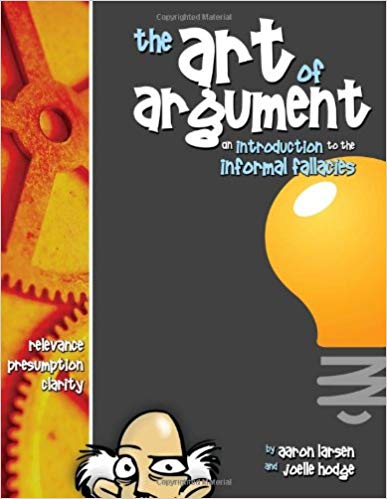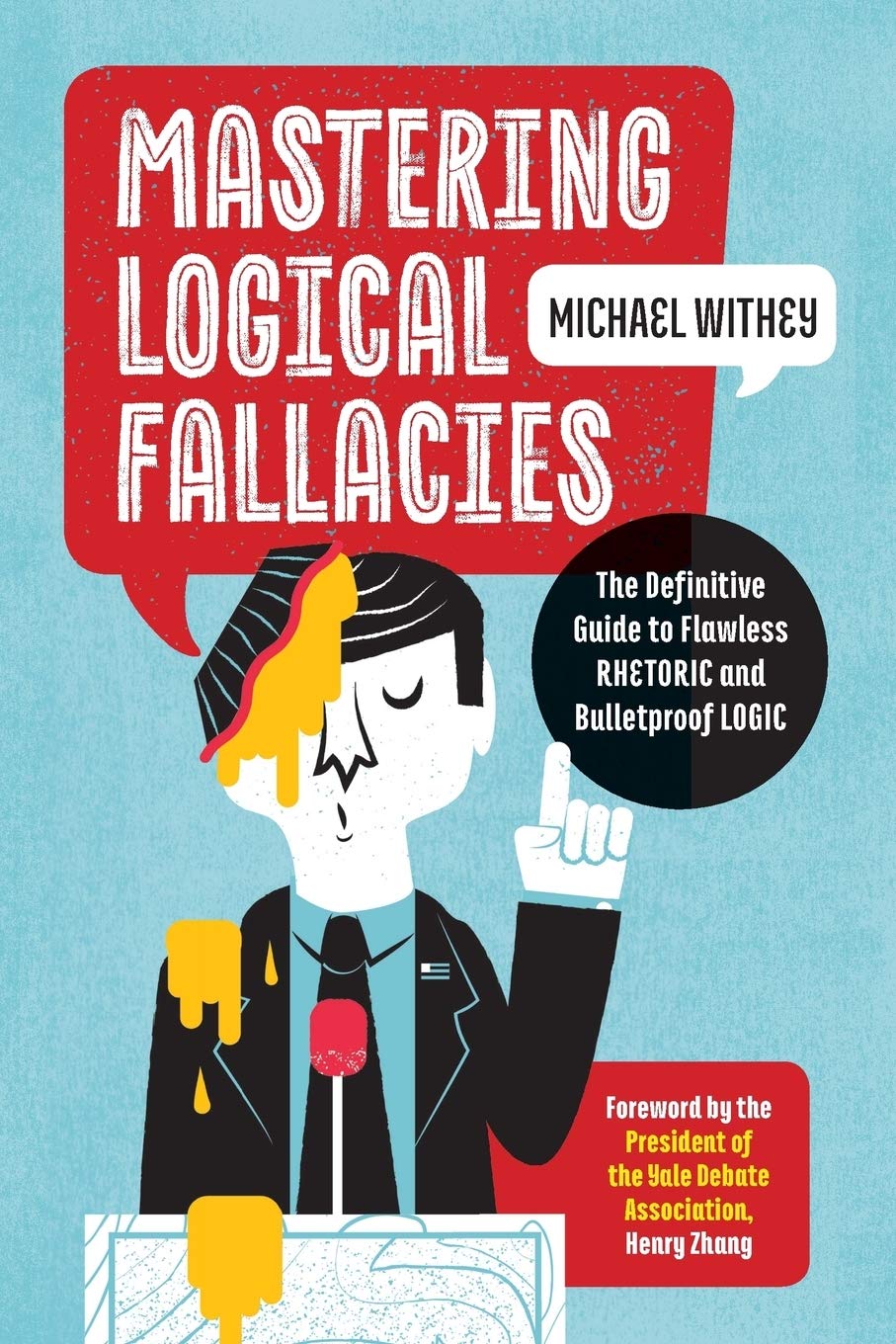
Argument from Repetition
Argument from repetition refers to someone repeating a statement often in the hopes that the listener will begin to accept it as truth, instead of providing evidence.
Example of Argument from Repetition
- Hurtlocker deserves an Oscar. Other films have potential, but they do not deserve an Oscar like Hurtlocker does. The other movies may deserve an honorable mention but Hurtlocker deserves the Oscar.
The argument basically claims that the Hurt Locker is a great movie because it is a great movie. - Stupid people are so annoying. They prove their stupidity by saying stupid things.
Alternative Name: Argumentum ad Nauseam

Books About Logical Fallacies
A few books to help you get a real handle on logical fallacies.





Argument from RepetitionExtended Explanation
The Argument from Repetition, also known as Argumentum ad Nauseam, is a logical fallacy which occurs when someone attempts to convince an audience of a claim simply by repeating it multiple times. This fallacy is based on the idea that if something is said repeatedly, it must be true. This type of argument relies on the fallacy of appeal to repeated assertion, which is the idea that repetition of a claim is enough to make it true.
This form of fallacy is often used in marketing, politics, and debates. In marketing, it is used to convince potential customers to buy a product or service, or to believe in a certain idea. In politics, it is used to convince voters to support a certain candidate or policy. In debates, it is used to convince other participants of an argument by simply repeating the same point again and again.
The Argument from Repetition fallacy is based on the assumption that repetition of a statement is enough to make it true. However, this is not necessarily the case. A statement can be repeated many times, but if it is not supported by evidence or logical reasoning, it is still not true. This fallacy can also be used to obscure the truth by distracting the audience from considering the relevant evidence.
The Argument from Repetition fallacy is a logical fallacy which is often used to try to convince an audience of a claim without providing any evidence or logical reasoning to back it up. This type of argument relies on the fallacy of appeal to repeated assertion, which is the idea that simply repeating a statement over and over is enough to make it true. It is important to recognize this fallacy and make sure to always consider the evidence and logical reasoning behind a statement before believing it.